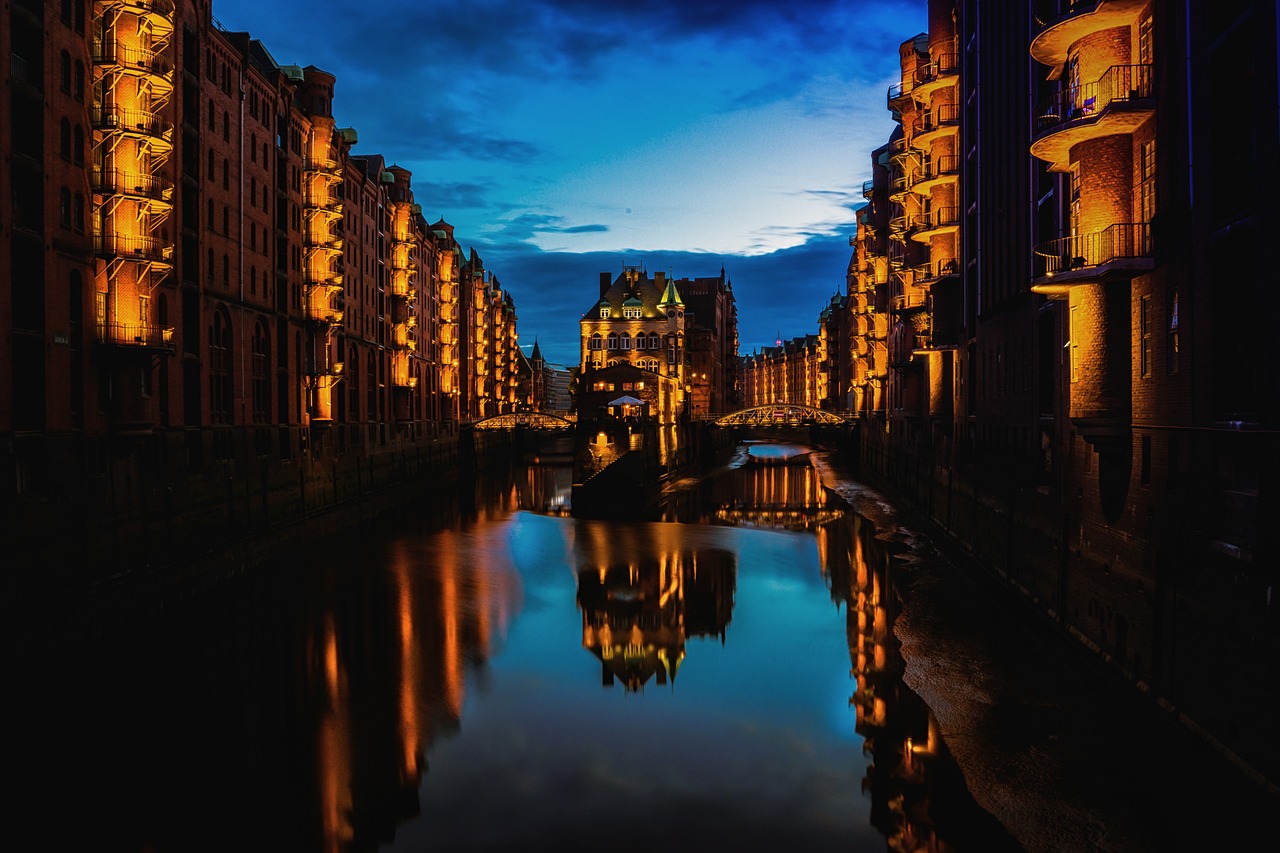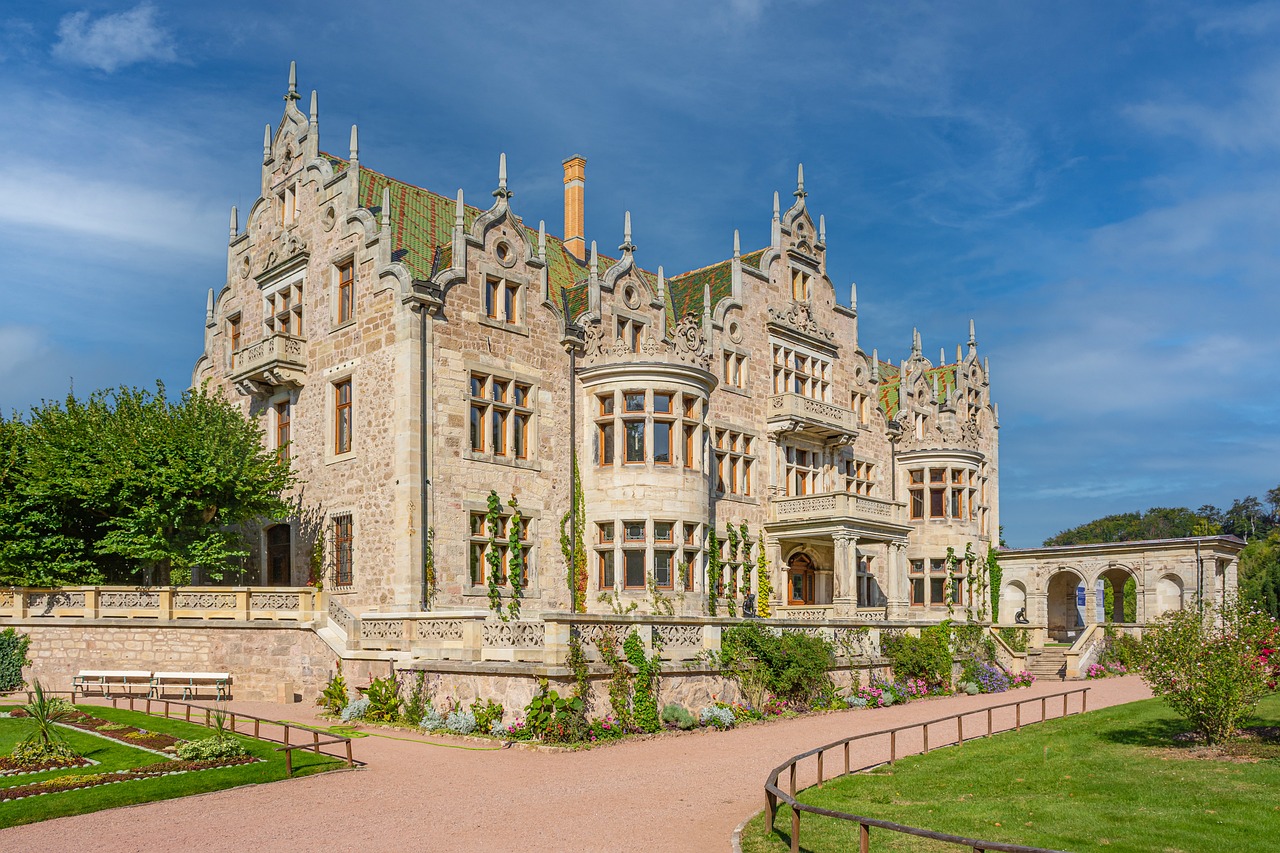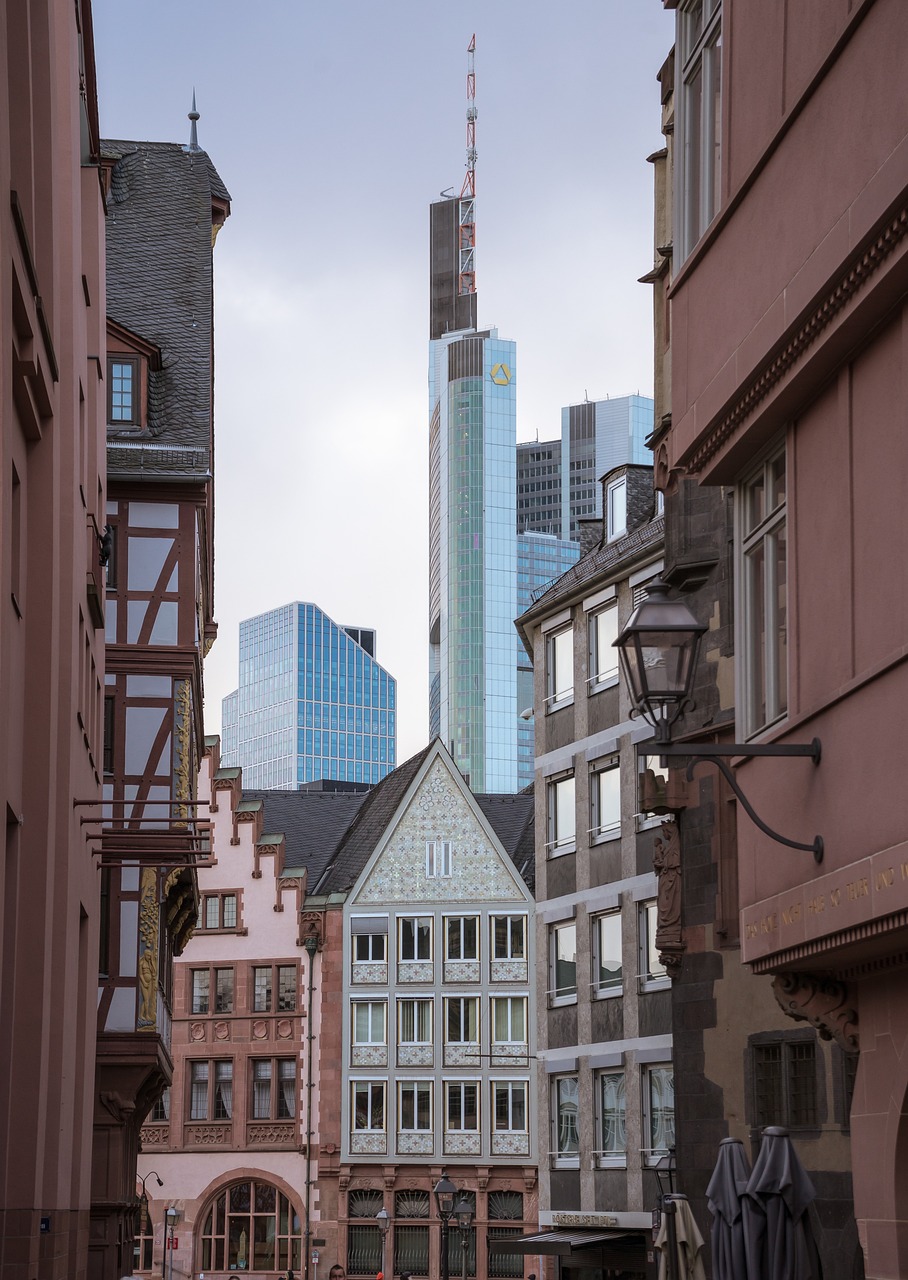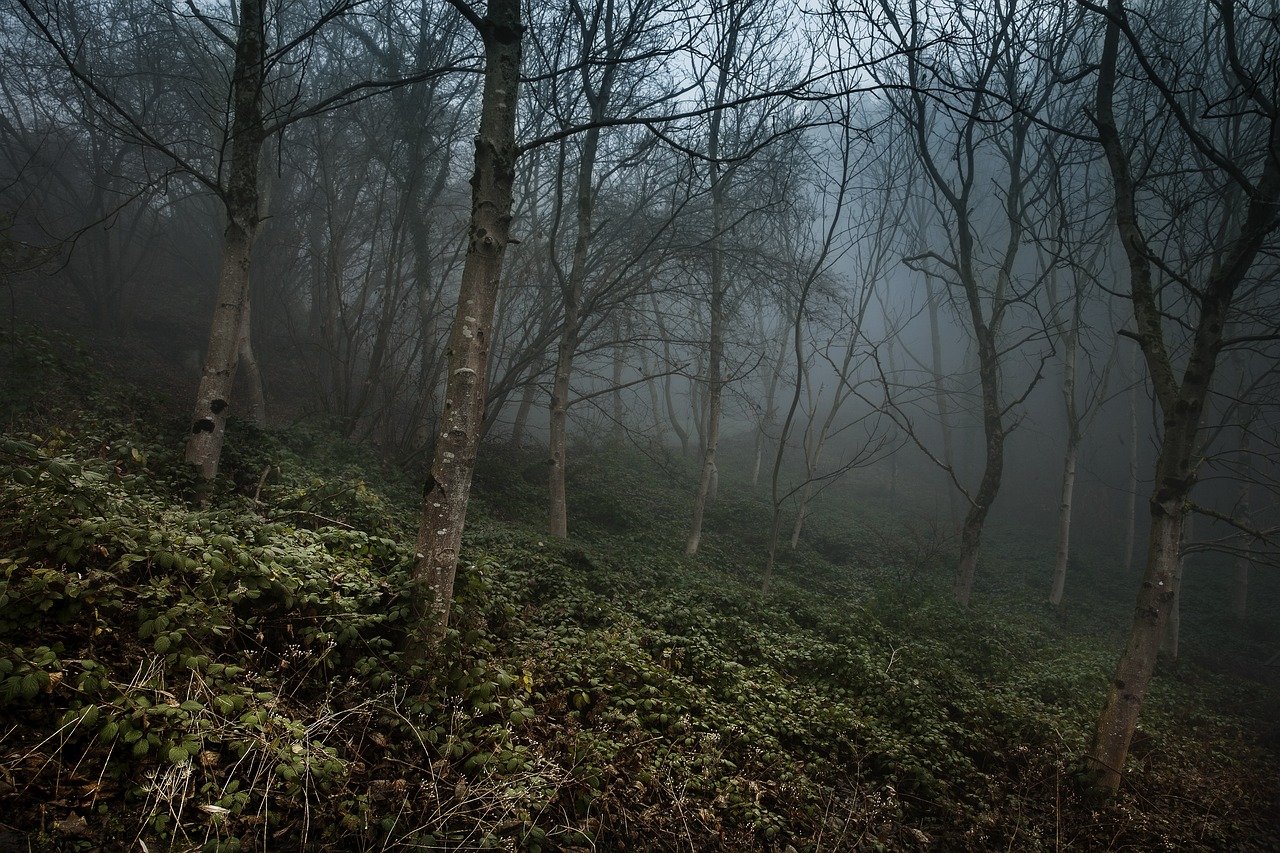Germany Video
Local Celebrations and Holidays: What to Expect in Germany
Germany is a country known for its rich cultural heritage and vibrant celebrations. From traditional festivals to national holidays, the German calendar is filled with events that showcase the country’s history, traditions, and customs. Whether you’re a local or a visitor, participating in these festivities provides a unique opportunity to immerse yourself in German culture. In this article, we will explore twelve different local celebrations and holidays in Germany, providing you with detailed information on what to expect and how to make the most of your experience.
Oktoberfest
Summary: Beer, traditional costumes, and lively atmosphere.
Oktoberfest is undoubtedly one of the most famous celebrations in Germany, attracting millions of visitors from around the world. Held annually in Munich, this beer festival takes place over two weeks, starting in late September and ending in early October. The festival grounds are filled with beer tents, amusement rides, food stalls, and live music. Visitors can enjoy a wide variety of traditional Bavarian beer, served in large steins, while indulging in hearty German cuisine such as pretzels, sausages, and sauerkraut. Traditional costumes, such as dirndls and lederhosen, are also commonly worn by both locals and tourists, adding to the festive atmosphere.
- Experience the vibrant atmosphere of the festival grounds.
- Taste a variety of traditional Bavarian beers.
- Indulge in delicious Bavarian cuisine.
- Join in the traditional dances and music.
Oktoberfest is known for its lively atmosphere, with people singing, dancing, and enjoying themselves throughout the day and night. The festival grounds are filled with laughter, music, and the clinking of beer steins, creating an unforgettable experience.
Oktoberfest offers a wide selection of beers from different breweries, allowing visitors to sample the rich flavors of traditional Bavarian brews. From light lagers to dark ales, there is something to suit every beer lover’s palate.
No visit to Oktoberfest is complete without trying some of the delicious Bavarian dishes on offer. From pretzels and sausages to roasted chicken and potato dumplings, the festival is a paradise for food enthusiasts.
Throughout Oktoberfest, you can witness and participate in traditional Bavarian dances, such as the Schuhplattler, and enjoy live music performances featuring traditional folk songs and melodies.
Christmas Markets
Summary: Festive decorations, unique gifts, and delicious treats.
Germany is renowned for its enchanting Christmas markets, which are held in various cities and towns across the country during the Advent season. These markets are a beloved tradition, attracting locals and tourists alike with their magical atmosphere. Visitors can stroll through the market stalls adorned with twinkling lights and festive decorations, while browsing a wide range of unique handicrafts, ornaments, and gifts. The aroma of mulled wine, roasted almonds, and gingerbread fills the air, tempting visitors to indulge in these delicious treats. Live performances, such as choirs singing Christmas carols, add to the festive ambiance.
- Explore the charming market stalls.
- Taste the flavors of the season.
- Experience the festive entertainment.
- Admire the beautiful decorations.
Christmas markets offer a wide variety of stalls selling handmade crafts, ornaments, and gifts. From intricately carved wooden figurines to delicate glass baubles, there is something for everyone on your holiday shopping list.
Indulge in the traditional treats offered at the Christmas markets, such as mulled wine, roasted chestnuts, gingerbread cookies, and marzipan candies. These festive delights are sure to warm your heart and satisfy your taste buds.
Enjoy live performances by local choirs, musicians, and performers as they fill the air with the sounds of Christmas. From traditional carols to festive music, these performances add to the magical atmosphere of the markets.
Marvel at the festive decorations that adorn the market stalls and surrounding areas. From twinkling lights and garlands to elaborately decorated Christmas trees, the markets are a visual delight.
Carnival
Summary: Colorful costumes, parades, and street parties.
Carnival, known as “Karneval” or “Fasching” in Germany, is a time of revelry and merriment celebrated in many regions across the country. This festive season begins on November 11th at 11:11 am and culminates in a grand celebration just before the start of Lent. During Carnival, cities and towns come alive with vibrant parades, street parties, and costume balls. Participants don elaborate costumes and masks, with each region having its unique traditions and characters. The streets are filled with music, dancing, and laughter as locals and visitors join together to celebrate.
- Marvel at the colorful costumes.
- Attend the grand parades.
- Join in the street parties.
- Attend a costume ball.
During Carnival, the streets are filled with people dressed in elaborate costumes, ranging from traditional characters to creative and humorous outfits. Join in the fun by donning your own costume or simply enjoy the spectacle of the vibrant attire.
Don’t miss the opportunity to witness the spectacular parades that take place during Carnival. Floats adorned with colorful decorations, marching bands, and performers entertain the crowds as they make their way through the streets.
Experience the lively atmosphere of Carnival by participating in the street parties that take place throughout the festivities. Dance to the rhythm of the music, enjoy local delicacies, and immerse yourself in the joyous celebrations.
Many cities and towns host costume balls during Carnival, providing an opportunity to showcase your own costume while dancing the night away. These events often feature live music, performances, and contests for the best costume.
Easter Celebrations
Summary: Easter eggs, bonfires, and festive traditions.
Easter is an important religious holiday in Germany, and it is celebrated with various customs and traditions. One of the highlights of Easter is the Easter egg, which holds great significance in German culture. The country is known for its intricately decorated eggs, often made using traditional techniques such as wax batik or painting. These beautifully crafted eggs are displayed in homes and public spaces, and children eagerly participate in Easter egg hunts to find hidden treats. Additionally, bonfires are lit on Easter Saturday, symbolizing the triumph of light over darkness.
- Discover the art of egg decorating.
- Join an Easter egg hunt.
- Witness the lighting of Easter bonfires.
- Attend Easter church services.
Learn about the traditional techniques used to decorate Easter eggs in Germany, such as wax batik or painting. Participate in workshops or visit exhibitions to witness the intricate designs and craftsmanship.
Participate in the joy of finding hidden Easter eggs during organized hunts. These events are often held in parks, gardens, or community spaces, and children of all ages can enjoy the thrill of searching for treats.
Experience the symbolic lighting of bonfires on Easter Saturday, which represents the victory of light over darkness. Join locals as they gather around the fires, enjoying the warmth and camaraderie.
Experience the religious aspect of Easter by attending church services, where you can witness special ceremonies, hymns, and prayers. Churches often have beautifully decorated altars and offer a serene atmosphere.
Germany Image 1:

May Day
Summary: Spring festivals, maypole dances, and picnics.
May Day, also known as “Der Erste Mai,” is a celebration of spring that takes place on the first day of May. It is a time to welcome the arrival of warmer weather and bid farewell to the cold winter months. Throughout Germany, various festivals and events are organized to celebrate May Day. One of the most prominent traditions is the maypole dance, where a tall wooden pole is decorated with colorful ribbons and raised in the town square. Participants then dance around the maypole, accompanied by traditional music and singing. Additionally, picnics and outdoor activities are popular on this day, allowing people to enjoy the beauty of nature.
- Witness the raising of the maypole.
- Join in the maypole dance.
- Attend spring festivals.
- Enjoy a picnic in nature.
Experience the festive atmosphere as the maypole is raised in the town square. Watch as locals adorn the pole with ribbons and flowers, turning it into a vibrant centerpiece for the celebrations.
Participate in the traditional maypole dance, where people form circles around the maypole and weave ribbons in intricate patterns. Enjoy the lively music and the sense of community that accompanies this joyful dance.
Many cities and towns organize spring festivals on May Day, featuring live performances, food stalls, and amusement rides. Explore these festivals to immerse yourself in the festive spirit of the season.
Take advantage of the pleasant weather by having a picnic in one of Germany’s beautiful parks or countryside areas. Pack a delicious meal, relax in nature, and soak up the sights and sounds of spring.
German Unity Day
Summary: National holiday, parades, and cultural events.
German Unity Day, also known as “Tag der Deutschen Einheit,” is a national holiday celebrated on October 3rd. It commemorates the reunification of East and West Germany in 1990, following the fall of the Berlin Wall. On this day, various events and activities are organized across the country to celebrate German unity. Cities host parades featuring marching bands, floats, and performances. Cultural events, such as concerts, exhibitions, and fireworks displays, also take place, allowing people to come together and reflect on the significance of this historic event.
- Attend the parades.
- Explore cultural exhibitions.
- Attend concerts and performances.
- Enjoy fireworks displays.
Join the crowds lining the streets to witness the vibrant parades that mark German Unity Day. Enjoy the marching bands, colorful floats, and performances that showcase the diversity and unity of the nation.
Visit museums, galleries, and cultural centers that host special exhibitions highlighting the history and achievements of Germany. Gain a deeper understanding of the country’s past and present.
Experience the joy of live music and performances that take place on German Unity Day. From classical concerts to contemporary acts, there are events to suit every musical taste.
Celebrate the unity of Germany by watching spectacular fireworks displays that illuminate the night sky. Find a vantage point in a city or attend a dedicated fireworks event for an unforgettable experience.
Germany Image 2:

St. Martin’s Day
Summary: Lantern processions, traditional songs, and Martinshorn.
St. Martin’s Day, or “Martinstag,” is celebrated on November 11th and marks the feast day of St. Martin of Tours. This occasion is particularly popular among children, who participate in lantern processions and traditional activities. Children create colorful lanterns and, accompanied by adults, walk through the streets singing traditional songs. The highlight of the procession is the Martinshorn, a horn-shaped pastry filled with sweet or savory treats. This festive day is also associated with charitable acts, as St. Martin is known for his generosity and compassion.
- Participate in lantern processions.
- Create your own lantern.
- Learn traditional St. Martin’s songs.
- Indulge in Martinshorn treats.
Join the lantern processions that take place in various towns and cities on St. Martin’s Day. Carrying your own lantern, walk along with the crowd, singing traditional songs and enjoying the magical atmosphere.
Get creative and make your own lantern for St. Martin’s Day. Use colored paper, cardboard, or other materials to design a unique lantern that you can proudly carry during the procession.
Familiarize yourself with the traditional songs sung during St. Martin’s Day. Join in the singing or simply enjoy the melodic tunes as you immerse yourself in this festive celebration.
Treat yourself to a delicious Martinshorn pastry, which is often filled with sweet or savory delights. These treats are widely available during St. Martin’s Day and are a delightful addition to the festivities.
Oktoberfest Image 3:

Walpurgis Night
Summary: Bonfires, witches, and folklore.
Walpurgis Night, or “Walpurgisnacht,” is celebrated on the night of April 30th, leading into May 1st. This traditional pagan festival is associated with the arrival of spring and the banishing of evil spirits. Bonfires are lit, and people gather to ward off witches and other supernatural beings. In some regions, locals dress up as witches and engage in lighthearted mischief. This festive night is steeped in folklore and is a unique opportunity to experience German traditions dating back centuries.
- Witness the lighting of bonfires.
- Learn about the folklore and legends.
- Experience the mischief of the witches.
- Attend Walpurgis Night events.
Join in the tradition of lighting bonfires on Walpurgis Night. These fires are believed to ward off evil spirits and welcome the arrival of spring. Enjoy the warmth of the fire as you soak up the mystical atmosphere.
Discover the fascinating stories and legends associated with Walpurgis Night. From tales of witches to supernatural beings, German folklore provides insight into the cultural significance of this festive night.
In some regions, locals dress up as witches and engage in lighthearted pranks and mischief. Witness these playful antics and embrace the whimsical spirit of the night.
Many towns and villages organize special events and performances to celebrate Walpurgis Night. From live music to theatrical productions, these events offer a unique glimpse into German folklore and traditions.
Conclusion
Germany is a country that knows how to celebrate, and its local celebrations and holidays offer a glimpse into its rich cultural heritage. From the world-famous Oktoberfest to the enchanting Christmas markets, each festivity provides a unique experience filled with tradition, gastronomy, and community spirit. Whether you choose to raise a glass at Oktoberfest, indulge in festive treats at the Christmas markets, or join in the lively parades and dances during Carnival, Germany’s celebrations are sure to leave lasting memories. Embrace the vibrant atmosphere, immerse yourself in the local customs, and discover the true essence of German culture through its celebrations and holidays.
References
– Oktoberfest: www.oktoberfest.de
– Christmas Markets: www.germany.travel
– Carnival: www.german-way.com
– Easter Celebrations: www.germany.travel
– May Day: www.german-way.com
– German Unity Day: www.tag-der-deutschen-einheit.de
– St. Martin’s Day: www.german-way.com
– Walpurgis Night: www.germany.travel


